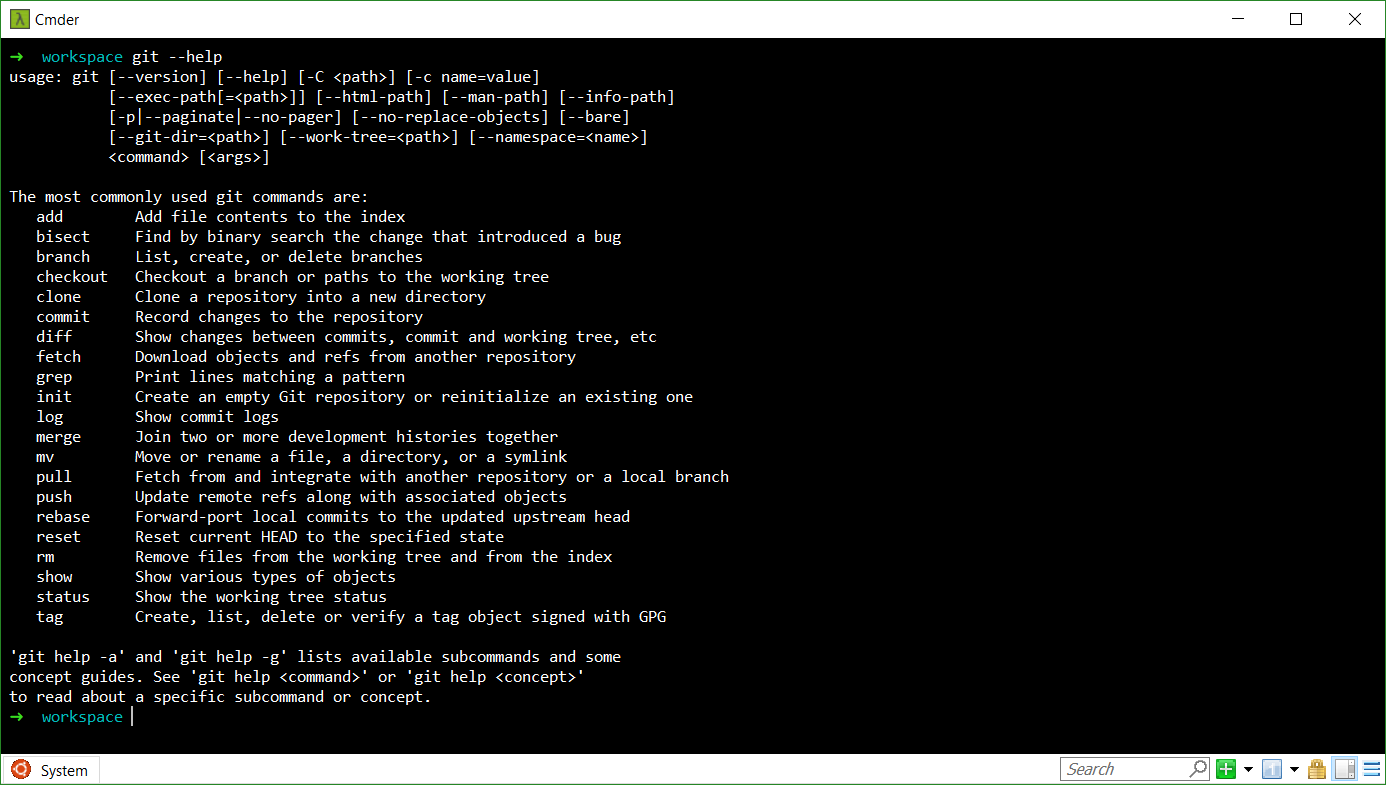The fact that there are no simple solutions to the problems we face, is something that most people don't seem to be able, or want, to coupe with. So much so, that people seem more than willing to over simplify things just in order to feel comfortable with the world around them.
Add to that, it seems hard to make sense of things with all the information we are constantly bombarded with continuously it make harder to make sense of things. It hard to filter what's information is relevant to solve any given problem, not to mention that its even harder to determine what is true.
Without the tools of critical thinking, is hard to recognize what information is actually relevant to solve any given problem. To make things worse, not everyone receives the education needed to have the tools needed for critical thinking, much less how to use them. This complicate things, because it makes it hard to communicate that the solutions we need are complex in order to actually solve things in a way that its actually beneficial to as much people as possible.
There is no silver bullet, or simple solutions, to any of the problems we face. Yet, there is hope. Access to information by an ever increasing number of people has never been easier, or cheaper. Not only that, there ways that people can access to better education, and skills, to be better prepared to help move forward solutions.
What is needed in order to do so, is more people to willing to take responsibility to help bring solutions to the table. Also, work to make those solutions happen. All of these, being conscious that there always be new problems to solve.
If we want to make things better, we need to be part of the solutions.
